| ISBER 2020 Virtual Symposium |
ISBER 2020 Virtual SymposiumA partnership with UHN Biospecimen Services ISBER and UHN Biospecimen Services, Canada provided a two day virtual symposium for the international biobanking community on October 22-23, 2020. The symposium included interactive educational sessions, networking opportunities, abstract presentations, and an exhibit hall. ISBER 2020 Virtual SymposiumIn partnership with UHN Biospecimen Services
All Session Recordings are
|
| Regular | $75 USD - member $75 USD - UHN Staff* $125 USD - non-member |
| Student/Technician** | $50 USD - member $50 USD - UHN Staff* $100 USD - non-member |
*If you are a UHN staff member, please email info@isber.org from your work email address to request the discounted rate.
**If you are not a current ISBER student/technician member, please submit proof of your student status or a letter from your employer to info@isber.org to receive the student/technician rate.
Low and Middle Income Countries (LMICs):
Delegates in countries identified by the World Bank as Low and Lower-Middle Income are eligible for a 50% discount. Delegates in countries identified as Upper-Middle Income are eligible for a 25% discount. If you are eligible to receive a discount please contact info@isber.org.
To confirm the income classification for your country, please click here.
Please note that if you are also a technician or student, you will receive only the LMIC discount or the technician/student discount, whichever is higher.
All sessions have been recorded for on-demand viewing so that you can participate in the meeting if your local time zone didn't quite line up with the live session timings.
The theme of the symposium was "Biobanking for Tomorrow: Act Local, Think Global"
Click here to download the program
Defining the Value in Biobanks
Peter Watson, BC Cancer Agency, Canada
Biobanks are one of many forms of research infrastructures that primarily exist to support health research. Research infrastructures are developed and mature for a period. Infrastructures then either decline or disappear as research needs evolve, or they transform to persist. The biobank community has recently focused on sustainability mostly from the perspective of the biobank. However the sustainability of biobanks is also very dependent on the value placed on this type of research infrastructure relative to other research infrastructures from the perspective of research. The determination of this value is closely linked to the quality of samples, the properties of cohorts, and the performance of the entity. This talk will consider the topic of biobank value, the factors that influence the assessment of value, and some solutions to enhance value.
"CanPath" Canada's National Population Cohort
Philip Awadalla, Ontario Institute for Cancer Research, Canada
The Canadian Partnership for Tomorrow’s Health (CanPath) is Canada’s largest population health cohort and a national platform for health research. Comprised of more than 330,000 volunteer participants, CanPath is a unique platform that allows scientists to explore how genetics, environment, lifestyle, and behaviour interact and contribute to the development of chronic disease and cancer. In addition to contributing detailed information on their health and lifestyle, subsets of participant contributed biological samples, including more than 175,000 DNA-containing biosamples (including at least 135,000 venous blood samples), 91,000 urine samples, and 31,000 toenail samples.
Liquid Biopsy for Diagnostic and Prognostic Biomarker Discovery in Localized Prostate Cancer
Michael Fraser, Princess Margaret Cancer Centre, Canada
Up to 90% of new prostate cancer diagnoses are of localized disease. Despite local therapy (radical prostatectomy and/or dose-escalated radiotherapy), clinical outcomes are heterogeneous; some men will relapse within 2 years, portending potentially life-threatening metastatic disease, while others have indolent cancers and can be safely spared treatment. Unfortunately, clinical prognostic factors cannot accurately assess risk for individual men. Thus, there is an urgent need for novel prognostic and predictive biomarkers to improve risk stratification and inform precision medicine for localized prostate cancer. While we and others have used whole-genome sequencing and related 'omic' techniques to characterize the molecular landscape of localized prostate cancer and develop novel prognostic biomarkers, these biomarkers do not accurately assess risk for all men, in part because they do not capture the intrinsic molecular heterogeneity of the disease. Moreover, nearly all prognostic biomarkers rely on prostate biopsy or prostatectomy specimens for scoring. An alternative approach, which could address both of these issues, is the use of minimally-invasive 'liquid biopsy'. In this presentation, I will profile the current state of lquid biopsy analysis in localized prostate cancer, identify potential challenges of liquid biopsy analysis for biomarker development, and discuss strategies for development, validation, and clinical translation of liquid biopsies for prostate cancer.
The Global Microbiome Conservancy - Preserving and Understanding Our Global Microbial Heritage
Mathieu Groussin, Massachusetts Institute of Technology, USA
Biodiversity is disappearing rapidly at a global scale. These widespread losses include a critical but often- overlooked ecosystem: the microbial biodiversity of the human gut. A rapidly growing body of literature now shows that this complex microbial community – the gut ‘microbiome’ – is critical to metabolism, immunity, and health. Imbalances in this community, including lack of early exposure to important microbes have been linked to diseases like inflammatory bowel disease, autoimmune diseases, and cancer. The human gut microbiome is being profoundly disrupted by the widespread adoption of industrialized diets, lifestyles, and excessive use of antibiotics. As the global population increasingly shifts to urban centers, this critical biodiversity is at risk of experiencing further perturbations and losses. We founded the Global Microbiome Conservancy (GMbC) as an international and collaborative initiative to biobank the global biodiversity of the human microbiome before it is lost to industrialized diets and lifestyles. We aim to develop it as a non-commercial research platform for the scientific community and as a long-term central repository for infinite preservation. So far, we biobanked 15,000+ bacterial strains sampled from more than 30 communities of various lifestyles worldwide. Investigations on these resources expand our understanding on the microbiome of under-represented human populations and illuminate how industrialization perturbs human gut ecosystems.
Pan Canadian COVID- 19 Biobanking: Consent, Challenges, Successes
Panel Participants include:
Vincent Mooser, McGill Genome Centre, Biobanque Québécoise de la COVID-19 (BQC19), Canada
Shahid Husain, Toronto General Hospital Research Institute, PRESERVE, Canada
Allison Crawford, Centre for Addiction and Mental Health (CAMH), Project ECHO®, Canada
The COVID‑19 pandemic is an ongoing global health crisis, that has disrupted practically all human activities around the world. The outbreak was first identified in December 2019, and as of October 1st 2020, more than 34 million cases and over than 1.01 million deaths have been reported worldwide. Biobanks are crucial in the understanding of COVID-19 risk factors, mechanisms of infection, and pathological consequences, as well as for the development of vaccines and potential treatments. Join our experts in discussing the challenges, successes and lessons learned during the setup and opearation of two of the largest COVID-19 biobanks in Canada, as well as the importance of mental health and resiliency among health care workers and employees during the COVID-19 pandemic.
Benefits and Challenges of Patient Engagement – Building A Circle of Trust
Nicole Sieffert, Independent Consultant, USA
Patient engagement fosters trust between patients and the professionals who treat them. It is essential to patient satisfaction, continuity of care, and increasingly so to reliable research outcomes. While the rewards of a successful engagement strategy are promising, strategy development and concerns regarding implementation mis-steps can be overwhelming. This presentation will include a high-level overview of patient engagement including its challenges, benefits, and potential methods for building a circle of trust through patient/participant engagement.
Using Approach Metrics to Refine Patient Engagement Strategies at the McCain GU BioBank
Miran Kenk, Princess Margaret Cancer Centre - University Health Network, Canada
The McCain GU Biobank (MGB) is a biorepository housing tissue, blood and urine specimens collected longitudinally from over 16,000 consenting participants seen at the genito-urinary oncology division at UHN. We evaluated the biobank’s consent rate and examined reasons for refusal among the approached individuals who declined to provide consent for biospecimen collection, to determine trends within the last 10 years and develop approaches to enhance patient engagement. Impact of key events such as the incorporation of whole-genome sequencing to the protocol was determined. Common reasons provided for refusing to participate include: lack of interest in research (44%), feeling overwhelmed when approached (10%) and concerns with privacy/confidentiality (3%). To increase interest in participating in the biobanking program, enhancement of participant engagement initiatives and marketing strategies, including robust communication strategies involving stakeholders and patient advocacy groups, have been implemented, resulting in a significant (8%) decline in refusals in comparison to previous years. An increase in refusals due to privacy and/or confidentiality concerns was observed over the years (~3%). An analysis of the biorepository's approach and consent metrics is key to understanding where and how patient engagement initiatives can be strengthened in order to remove barriers to participation, improve the participant experience, and boost recruitment, adherence and retention.
Ethics and Practicalities of Electronic Consent (eConsent)
Nicola Geoghegan-Morphet, Western University, Canada and Rupinder Mann, Lawson Health Research Institute, Canada
When participants and researchers cannot be in the same location, informed consent remains a critical component of compliant research protocols. Whether it be COVID restrictions limiting participant visits or a desire to streamline procedures and documentation, eConsent is an important tool to foster a thriving research community. This presentation will address ethical considerations for remote consent with respect to regulatory guidelines. Additionally, we will discuss the practicalities of documenting remote informed consent processes. Specifically, we will show how the "REDCap e-Consent Framework" provides a digital method to acquire and store participant consent.
Ensure your samples are fit for purpose with Qualification
Kyle Luttgeharm, Agilent Technologies, USA
The Changing Landscape of Ultra-Low Freezers
Joe Laporte, PHC Corporation of North America, USA
Biobank Business Planning Today for a Secure and Sustainable Tomorrow
Presented by:
Marianne Henderson, National Cancer Institute (NCI), USA
Kirstin Goldring, AstraZeneca, UK
Daniel Simeon-Dubach, medservice, Switzerland
Biobanks must ensure sustainability through a sound business plan with a defined vision and mission, an analysis of the strengths, weaknesses, opportunities, and threats, and defined performance metrics. Business and environmental risks and mitigation strategies must be developed. Also, there is a strong need to know the different stakeholders with the ability to review and adapt to challenges and future market requirements. Today's crises are highlighting the mandate for all biobanks to engage in business planning. Due to many variabilities, e.g. size, scope, and research area, the applicability of a business plan may differ. This workshop will provide the basic elements that should be considered when drafting a business plan. Participants will receive information and some homework. We will ask to give some thoughts on what to consider when drafting a COVID-19 focused business plan. We will discuss the importance of considerations needed when adding new scope within a business plan.
Thank you to our premium sponsors:



Thank you to our exhibitors:





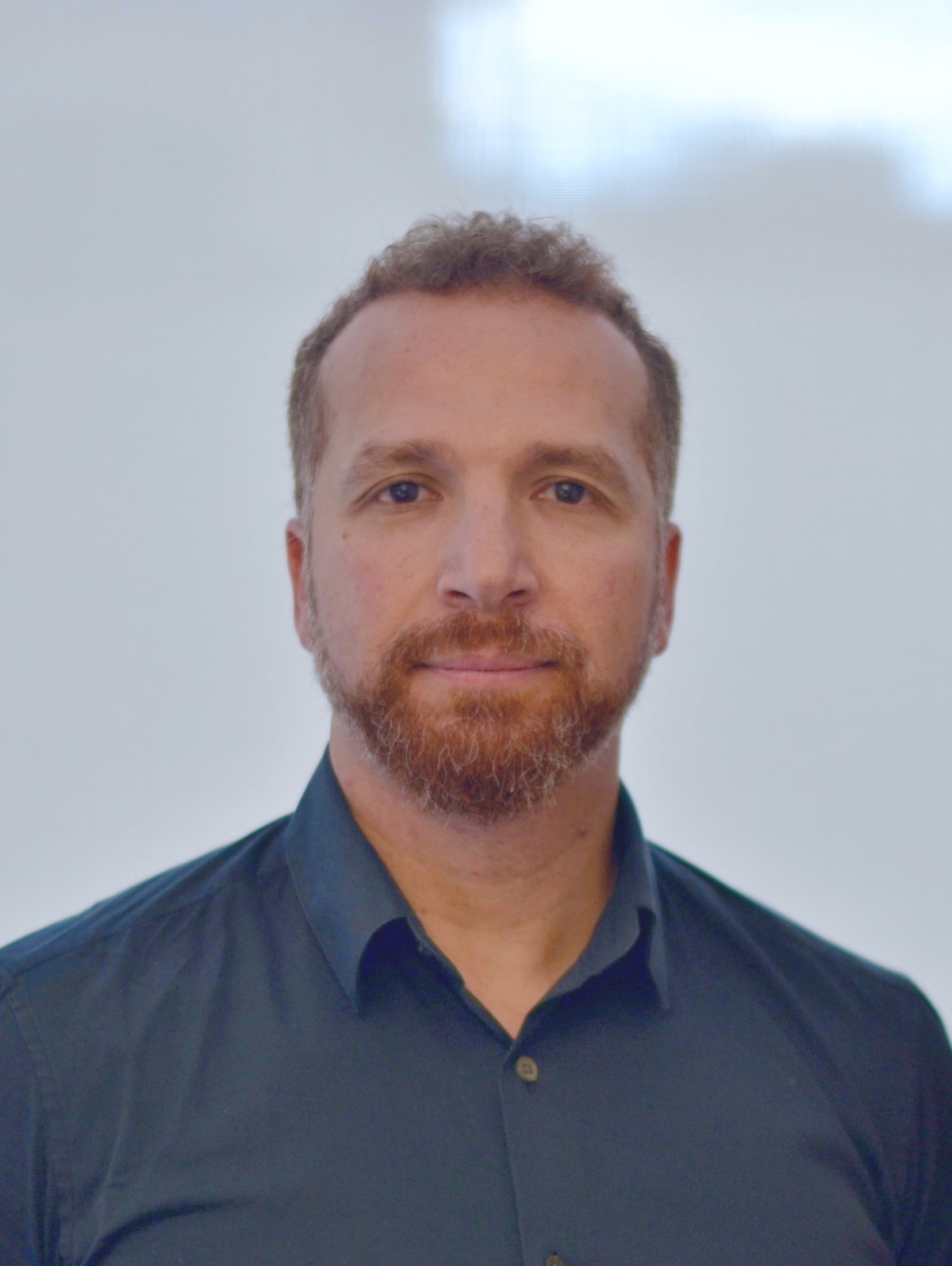
Philip Awadalla, MD
Dr. Philip Awadalla is the Director of Computational Biology and Senior Investigator at the Ontario Institute for Cancer Research, Professor of Population and Medical Genomics at the University
of Toronto and Executive Scientific Director of the Ontario Health Study (OHS). He is also the Director of the Genome Canada Canadian Data Integration Centre (Genome-CDIC) and National Scientific Director of Canadian Partnership
for Tomorrow’s Health (CanPath). Dr. Awadalla and his team focus on the development of genomics approaches, model-based tools and population-based approaches to study mutation rates, genome biology and cancer. His team’s research
has enabled the development of tools to capture rare or de novo variants and pathways, critical to cancer disease phenotypes and response to therapies. Dr. Awadalla’s main research interests include identifying genomic determinants
of blood disorders and cancers, understanding mutation and recombination biology and genomic epidemiology of age-related disorders in population cohorts. He leads Canada’s largest longitudinal population cohorts to develop
precision medicine research and understand the genetic and environmental contributors to disease development.
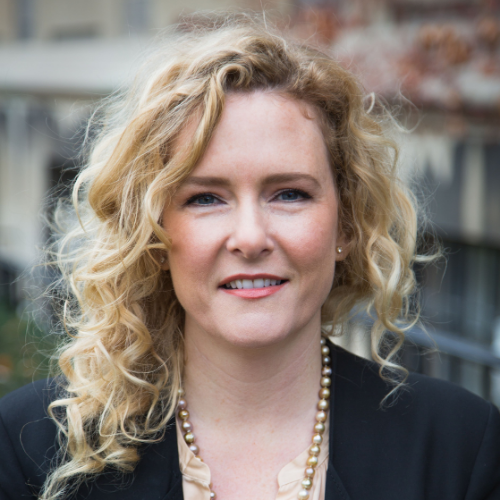
Allison Crawford, MD, PhD
Dr. Crawford is a clinician scientist and psychiatrist at the Centre for Addiction and Mental Health, where she is Associate Chief of Virtual Mental Health, and coChair of ECHO Ontario.
Her research is in the area of virtual mental health, particularly patient experience, access to care, and digital health equity.

Nicola Geoghegan-Morphet, MSc
Ms. Geoghegan has been an Ethics Officer with Western University's Health Sciences Research Ethics Board for four years. Prior to this she held a private practice as International
Board Certified Lactation Consultant, was a research coordinator for clinical trials in the NICU, and completed graduate work in pharmacology. Nicola's goal is to bring researchers and REBs into harmony through education so
that participants are best served by efficient and effective review.

Michael Fraser, PhD
Dr. Fraser is an Assistant Professor in the Department of Surgery (Urology) at the University of Toronto and Staff Scientist at the Princess Margaret Cancer Centre. As the co-Director of the
Canadian Prostate Cancer Genome Network (CPC-GENE), his team utilizes multi-'omic' approaches to characterize the molecular evolution of localized prostate cancer and to develop novel prognostic and predictive biomarkers of
clinical aggression.

Kirstin Goldring, PhD
Dr. Goldring joined AstraZeneca in January 2015 in the role of Principal Scientist: Human Biological Sample Governance and Strategy. She works with the biobanks globally to ensure that AstraZeneca
scientists can access the samples and data that they need in a compliant way. She chairs the HBS Governance Council. She is now leading the AstraZeneca HBS Compliance and Governance team, supporting compliance in use of HBS
across the business.
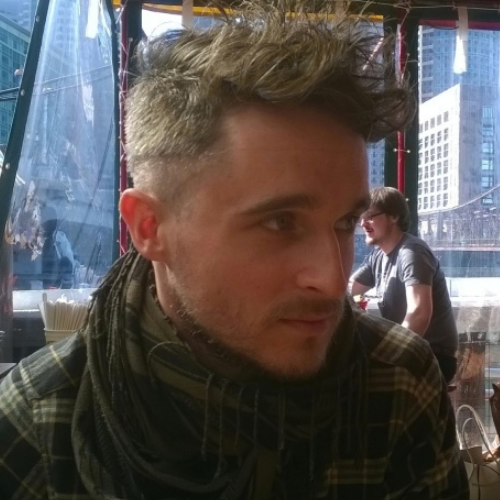
Mathieu Groussin, PhD
Dr. Groussin is a microbiologist working at the Massachusetts Institute of Technology. His research focuses on the human gut microbiome - the community of trillions of microbes living in our
intestines - its impact on human health, and on how industrialization perturbed our interactions with our gut microbes. A few years ago, he co-founded the Global Microbiome Conservancy initiative, which aims at biobanking and
understanding the global biodiversity of human gut bacteria for both long-term preservation and continuous distribution to advance microbiome science.
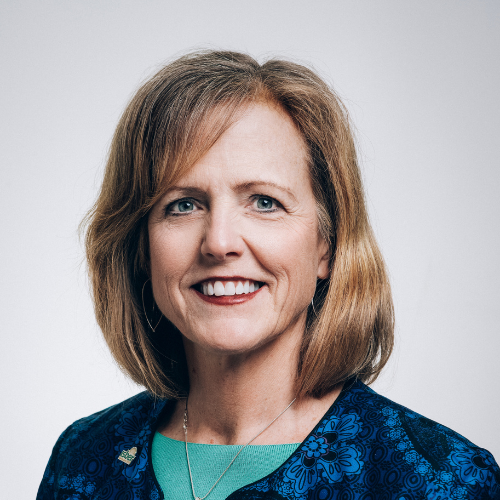
Marianne Henderson, MS
Ms. Henderson is Senior Advisor for Division Resources, Division of Cancer Epidemiology and Genetics and Senior Advisor on Biobanking, Center for Global Health, U.S. NCI. She supports large
program and contract management; and infrastructure planning for molecular epidemiology. She is active in the International Society for Biological and Environmental Repositories (ISBER) (President 2011-12 and Chair, OAC 2012-2019).
She is E&T Chair of the IARC-led LMIC Biobank and Cohort Building Network (BCNet); She sits on the editorial board for Biopreservation and Biobanking. Ms. Henderson is actively involved in large-scale biospecimen process
improvements in operations, technology transfer, sustainability and repository automation.
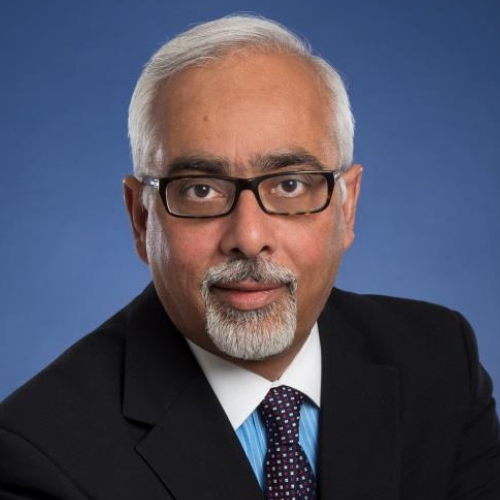
Shahid Husain, MD
Dr. Husain completed his Internal Medicine residency from Cook County Hospital and his three-year Infectious Diseases Fellowship from the University of Pittsburgh Medical Center (UPMC) with specialized
training in Transplant Infectious Diseases. He completed his Masters in Clinical Trials from the University of Pittsburgh. Dr. Husain is an internationally recognized expert in the field of Transplant Infectious Diseases, as
well as serving as Chairman of the Infectious Diseases Council of the International Society of Heart and Lung Transplantation. To date, Dr. Husain has published more than 150 peers reviewed publications and has authored more
than seven book chapters.
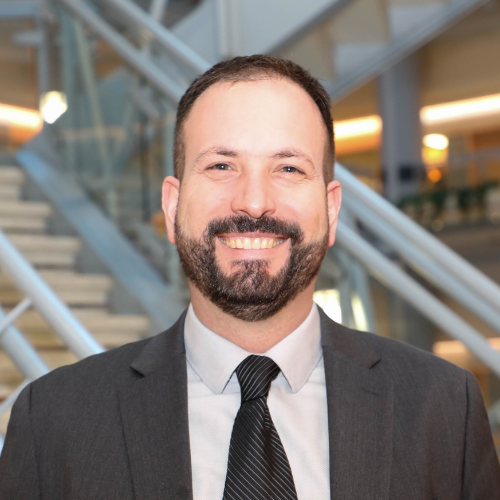
Miran Kenk, PhD
Dr. Kenk is a scientific associate with the Surgical oncology group and the McCain GU BioBank at the Princess Margaret Cancer Centre (University Health Network), where he oversees the conduct of
oncology clinical trials and research projects utilizing biobanked specimens. Dr. Kenk holds a PhD in Cellular and Molecular Medicine (Pharmacology) from University of Ottawa and has previoulsy conducted pharmacological research
at the Ottawa Heart Institute and the Centre for Addiction and Mental Health in Toronto.
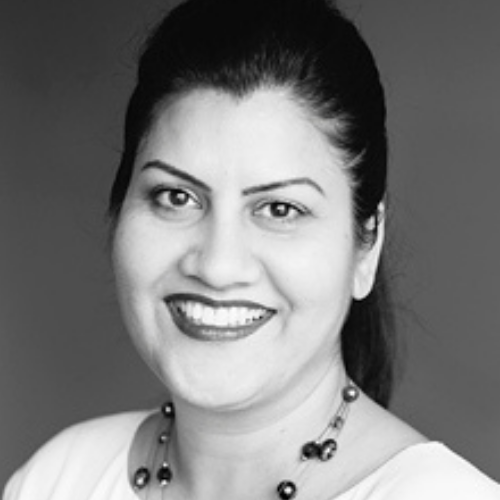
Rupinder Mann, PEng, PMP
Ms. Mann, Research Informatics Program Manager at Lawson Health Research Institute, leads innovative research initiatives and manages strategy-oriented software projects and platforms.
She is a Professional Engineer and a Project Management Professional. She is a member of Professional Engineers of Ontario, Project Management Institute and Board of Directors for the PMI South Western Ontario Chapter. Eighteen
years of experience in health and information management enables her to facilitate project delivery, confidentiality and security, and decision making within and across organizations
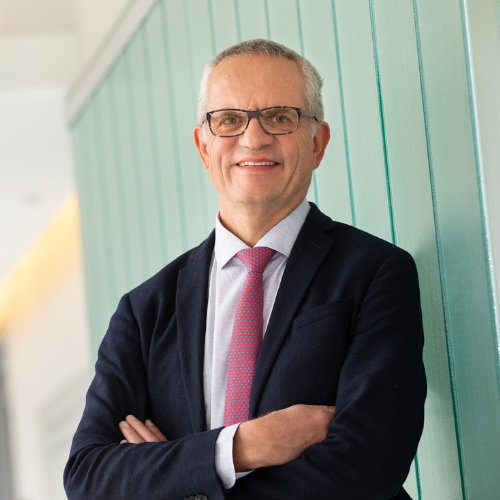
Vincent Mooser, MD
Dr. Mooser is the chairholder of a Canada Excellence Research Chair in Genomic Medicine, and the director of the Quebec COVID-19 Biobank. His broad experience in academia and industry covers
internal medicine, genetics and genomics, pharmaceutical sciences and laboratory medicine. Before joining McGill, he co-created the CoLaus cohort in Switzerland, the Lausanne Institutional Biobank and the Swiss Biobanking Platform.

Nicole Sieffert, MBA
Mrs. Sieffert is an Independent Biobanking Consultant with 22 years of experience in biobanking and clinical trials. She is the former Associate Director of MD Anderson Cancer Center’s Biospecimen
Research Office and is currently a Scientific Board Member at Advarra. She completed her term as a member of the ISBER Board of Directors in May of 2020. She has presented, edited, and published on topics related to biorepository
management, biospecimen-based research, regulatory guidelines, and ethical concerns. She is an Associate Editor of the 2018 ISBER Best Practices, and an Editorial Board Member of Innovations in Digital Health, Diagnostics,
and Biomarkers.

Daniel Simeon-Dubach, MD
Dr. Simeon-Dubach is the owner of medservice, biobanking consulting and service in Walchwil, Switzerland. He focuses on biobank business planning, governance and sustainability. He organized
symposia on sustainability in the past. He coaches biobankers on how to create a biobank business plan that will allow leveraging the full potential of a biobank. He chairs the ISBER Standards Committee and is section
editor for biobanking management in Biopreservation and Biobanking.
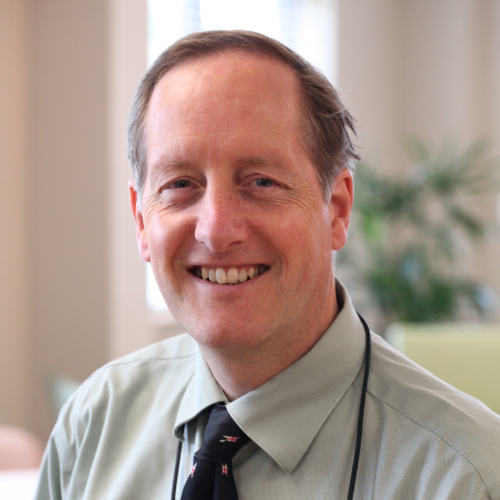
Peter Watson, MB, BChir, FRCPC
Dr. Watson is a staff pathologist and senior scientist at the BC Cancer Agency, Victoria, and professor of pathology at the University of British Columbia. His biobanking roles include
director of biobanking and biospecimen research services at BC Cancer, he leads the Canadian Tissue Repository Network (CTRNet), and he is also deputy editor for the journal Biopreservation and Biobanking. He maintains an active
clinical pathology practice and a research laboratory program and he is author of over 45 papers on biobanking standards, operations, sustainability, and utilization.
2/3/2026 » 2/5/2026
Biobanking 101 Workshop: Planning and Operational Setup: Planning and Managing Storage Environm
4/21/2026 » 4/23/2026
ISBER 2026 Global Biobanking Congress in Shenzhen, China